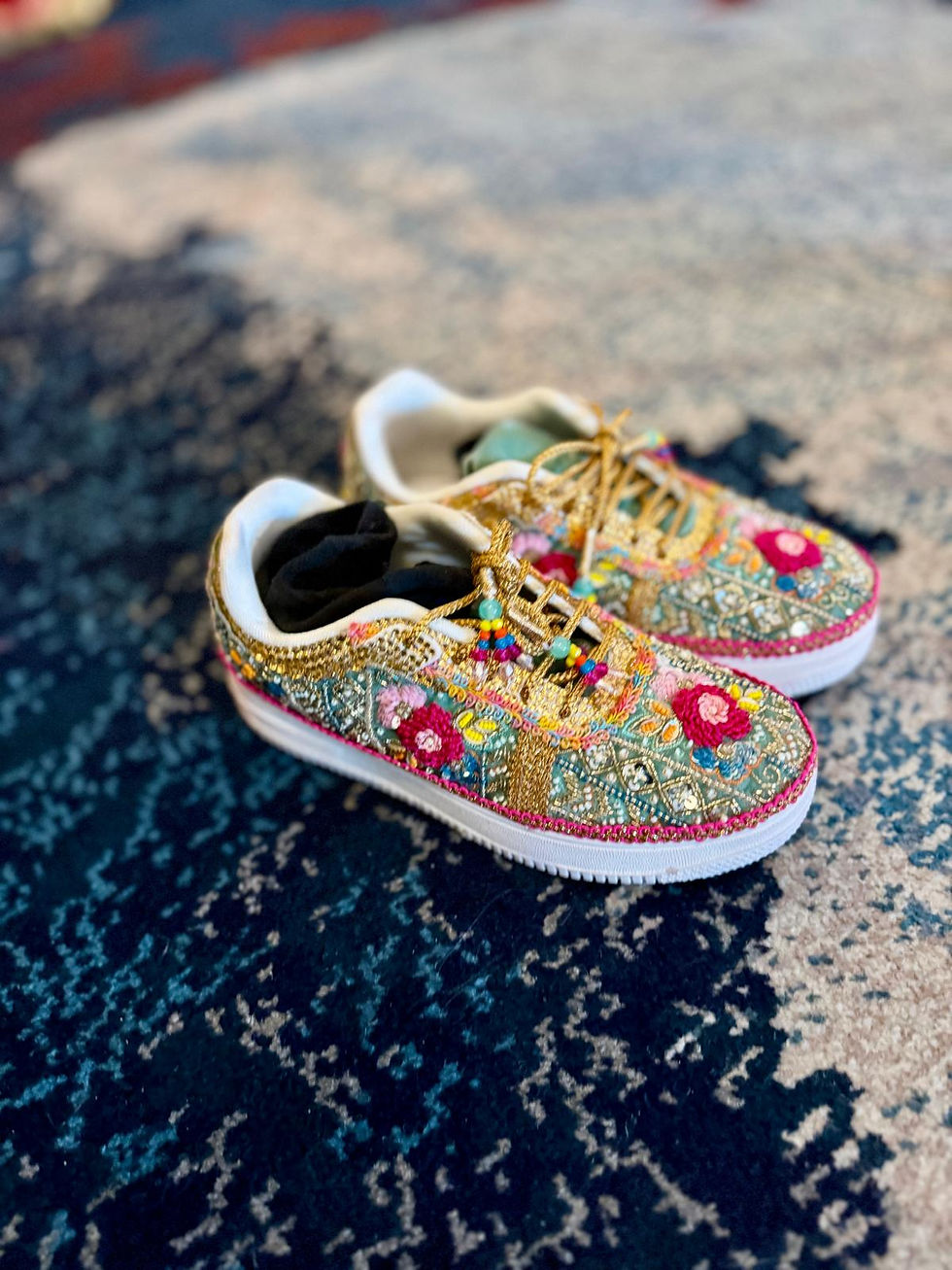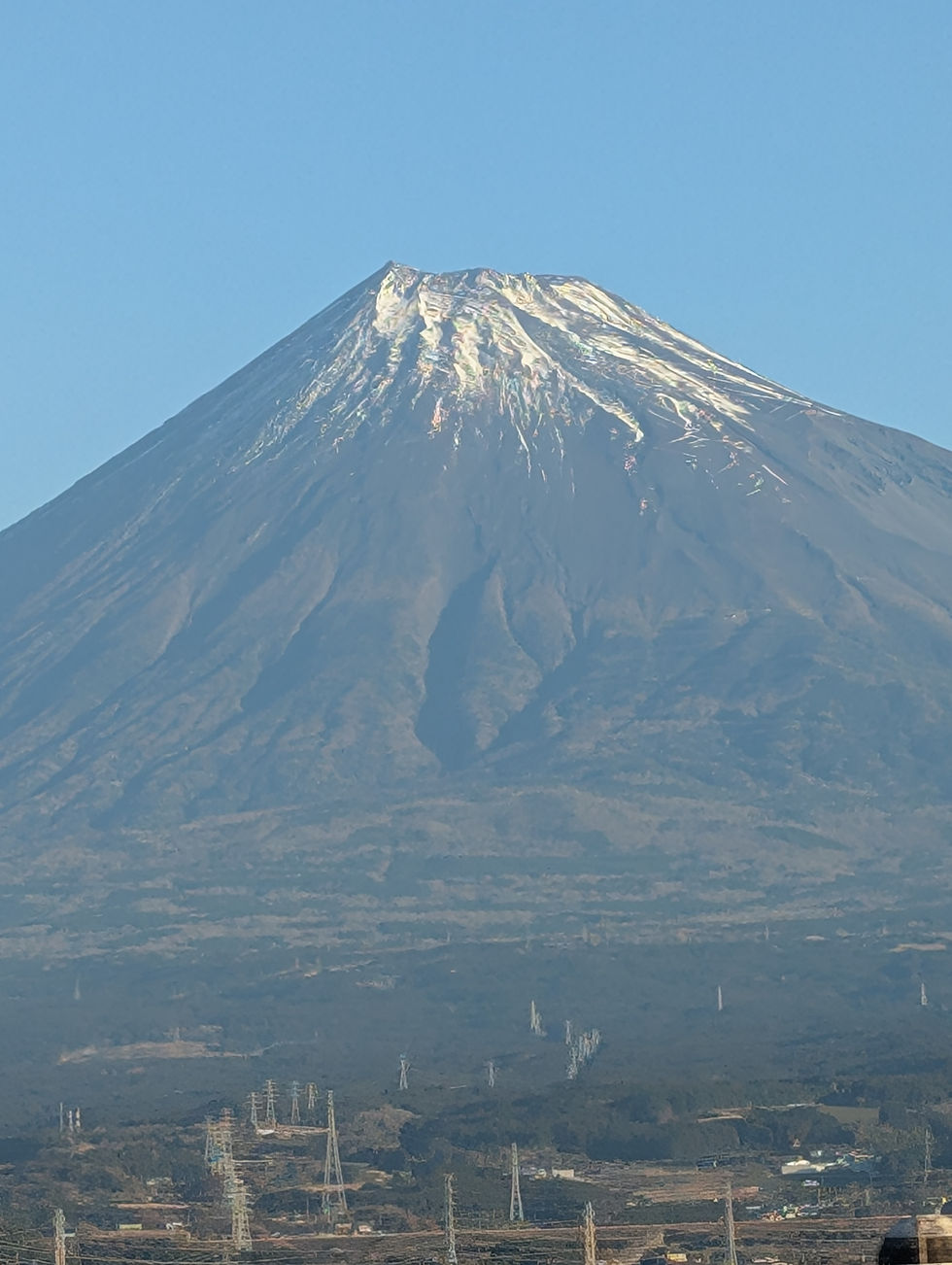ARJUN PATEL
ANTHROPOLOGY ANALYST
Anthropology
Anthropology is the study of what it means to be human: past, present, and future. It brings together science and storytelling to explore our biology, culture, language, and history.
Traditionally, anthropology is divided into several subfields, each offering a different lens on human experience.

Anthropology is everywhere, from what we eat, to how we talk, to how we remember. It connects the science of the brain to the stories of our lives.
Applied Anthropology
Applied anthropologists use tools from all four fields to solve real-world problems in health, education, business, and beyond.
Example: Using food-triggered memories in therapy for dementia patients or creating marketing strategies based on flavor nostalgia.
Biological Anthropology
Explores human evolution, genetics, and how our bodies adapt to different environments. From ancient fossils to modern DNA, this field looks at the biology behind what makes us human.
Example: Studying how early humans developed the ability to digest dairy or walk upright.
Archaeology
Investigates the lives of past cultures through artifacts, architecture, and ruins. Archaeologists uncover human history by digging up the physical remains of long-lost societies.
Example: Excavating ancient kitchens to learn how people cooked and ate thousands of years ago.
Cultural Anthropology
Focuses on how people live, work, eat, believe, and relate to each other in diverse societies. Cultural anthropologists often do fieldwork to understand the values, rituals, and everyday life of different communities.
Example: Studying food traditions across cultures to explore how meals shape memory and identity.
Linguistic Anthropology
Examines how language shapes thought, culture, and human interaction. This field explores both spoken and unspoken communication, from endangered languages to emoji use.
Example: Researching how people describe taste and memory in different languages and what that reveals about culture.

Anthropology in Everyday Life
How do the everyday choices we make shape our collective success? In this section, I explore how the intersection of individual behaviors and societal norms impacts our ability to thrive. From daily routines to personal habits, we’ll uncover how understanding these actions through an anthropological lens can provide strategies for humans to align with humanity's greater goals. Let’s dive into the ways our everyday activities can help us “win” as a society.
Haikus: A Simple Verse with a Deep Connection to Nature and Language

January 11, 2026
How can a 17-syllable poem capture the essence of nature and life? The history of haikus, their connection to the natural world, and how this poetic form has evolved in today’s society is fascinating, whether at a coffeehouse competition or on the streets of Lexington. Discover the cultural significance and linguistic beauty of haikus, and try creating your own!
The Evolution of Roti: From Ancient Grains to Global Convenience
_edited.jpg)
December 13, 2025
Roti, once a simple flatbread, is now a global symbol of adaptability. From its origins in ancient kitchens to its modern, convenience-food evolution, the story of roti reflects how food traditions adapt to the needs of society. Discover the cultural shifts, personal connections, and the future of roti in today’s fast-paced world.
Words that Shape Culture: The Power of Language in Classic Stories

November 8, 2025
How do words in classic stories reflect the cultures that created them? The language in Shakespeare’s plays, The Odyssey, and the Mahabharata reveal the values, power structures, and societal norms of ancient cultures. Discover how linguistic anthropology helps us understand the power of language in shaping both story and society.
Inhale, Exhale, Repeat: The Science of Breathing and Yoga’s Power

October 18, 2025
What if you could change your mental and physical health simply by changing how you breathe? Explore the science of breathing, inspired by James Nestor's book titled "Breath", and how yoga uses breath control to enhance our well-being. Discover the surprising ways breathing affects your body and mind and how you can harness the power of breath in your daily life.
What Schools Teach and What They Take Away: The History and Inequality of Education

September 13, 2025
What if the education you’re getting today was designed to erase your culture and identity? In this post, we dive into the dark history of Native American boarding schools and the inequality still present in modern education. Discover how schools have been used as tools of power and control. We can reshape them for a more inclusive future and continue to shape our world.
How Taste Unlocks Memories and Why it Matters: The Neuroscience of Food

August 9, 2025
Why do some memories stick while others vanish? This post dives into the fascinating psychology of memory and how your brain decides what to keep, what to forget, and why you might vividly recall yesterday's lunch but not what you read last night. From cutting-edge research at Johns Hopkins and Cornell to everyday memory quirks, discover how your mind edits creates your reality and what you can do to remember smarter.
Threading Resistance: How Sewing Shapes Revolutions and Sustainability

July 7, 2025
Let's explore the roots of sewing as a skill, form of resistance, and sustainable practice. From Gandhi’s political symbolism to modern fashion shows, let's connect the power of making clothes to global movements and personal purpose.
Why Our Teeth Don’t Fit Anymore: The Evolution Hidden in Your Smile

June 7, 2025
Ever wonder why so many of us need braces or have to get our wisdom teeth pulled? The shape of our jaw and the alignment of our teeth aren’t just genetic quirks. They are clues as to how humans have evolved. Let’s take a bite into this and explore how the use (or disuse) of certain teeth reveals the story of our species.
The Art of Juggling: A Fun and Ancient Journey
.jpg)
May 15, 2025
Did you know that juggling dates back over 4,000 years? From ancient Egyptian tomb paintings to modern circus performances, juggling has fascinated cultures around the world. But beyond its entertainment value, juggling also offers a fascinating window into human culture, skill transmission, and even the way societies value dexterity and coordination.
Wedding Traditions Around the World: A Cultural Perspective on Marriage

April 21, 2025
Weddings are one of the most significant life events, celebrated with unique traditions and rituals across cultures. They reflect a society’s values, social structure, and family dynamics. From symbolic wedding rings to elaborate ceremonies, studying weddings provides deep insight into cultural identity and human relationships.
Exploring the World: The Allure of Travel and Human Connection

March 17, 2025
Whether through tourism, migration, or research, the movement of people continues to shape cultures and societies. As borders evolve and travel becomes more accessible, let's us navigate the complexities of human interaction in an ever-changing world.
Rolling the Dice: The Importance of Playing Board Games in Building Relationships and Understanding Culture

February 11, 2025
Board games have been a beloved pastime for centuries, bringing families and friends together for laughter, strategy, and sometimes even a little friendly rivalry. But, did you know that board games also serve as a window into human social interactions and cultural values?
Bioethics and Humanity: The Human Genome and the Possibility of Curing Rare Diseases

December 2, 2024
Imagine a future where we could edit out genes and help eliminate rare diseases so that life is more manageable for the next generation. Given our capacity to learn about the science of evolution, let's harness that knowledge and improve mankind.
From Ancient Jaws to Modern Courts: Protecting Teeth in the Game of Life and Sports

November 7, 2024
Teeth represent a legacy in human evolution. Taking care of our teeth is about maintaining our smile and honoring a history that spans thousands of years. Let’s bite into taking care of our teeth, tooth trauma in sports, and why adding a "Save a Tooth" kit to first aid supplies could make a real difference.
Exploring Bonds in Flight: Birdwatching and Intergenerational Relationships

October 2, 2024
Have you ever noticed how nature has a way of bringing people together? My backyard, filled with the songs of birds visiting my bird feeder, has become more than just a sanctuary for wildlife—it’s a space for connecting with others.


